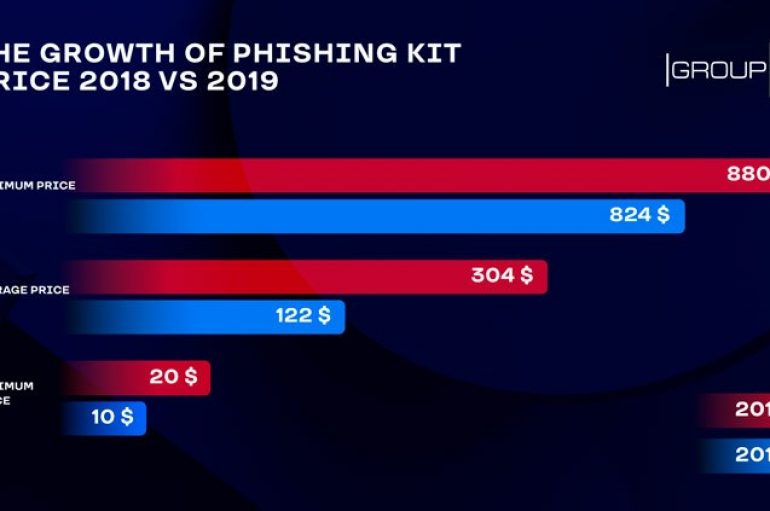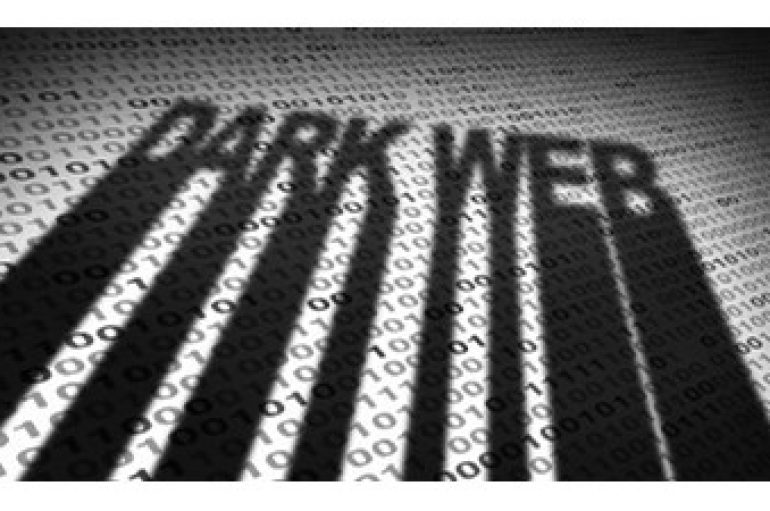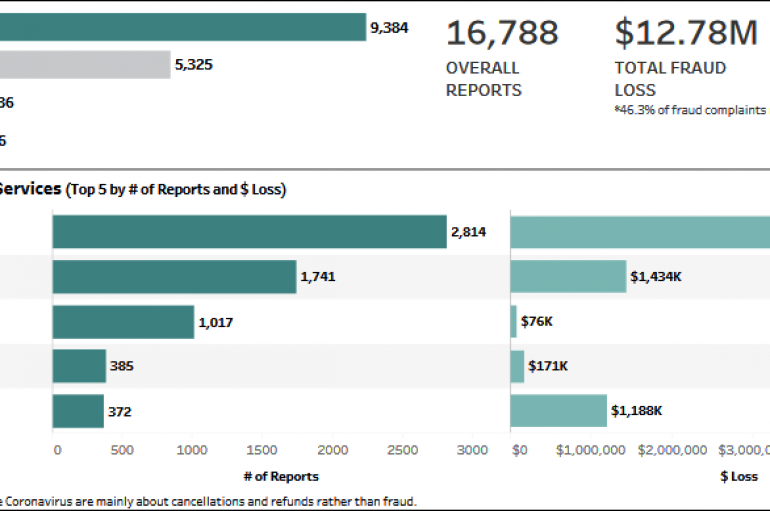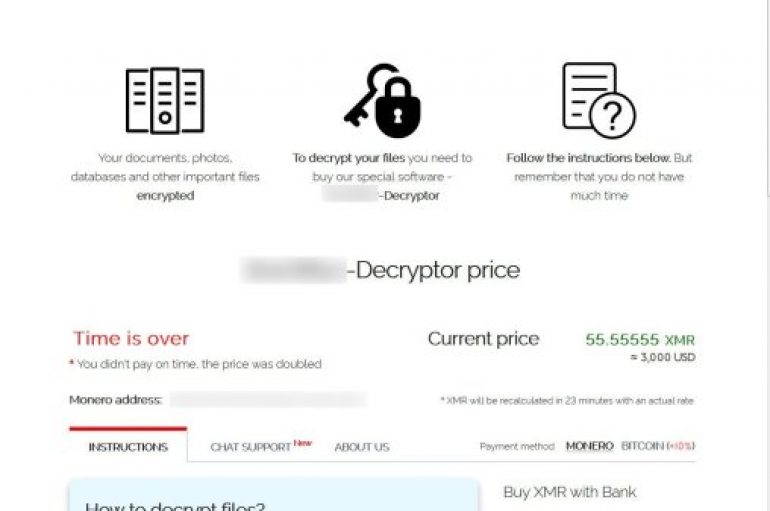Posts From CCME
The report focuses on phishing kits – the driving force of the phishing industry, which is hard to detect but extremely valuable in terms of fight against phishing. Group-IB, a Singapore-based cybersecurity company, has found out that phishing kits are the
FTC Orders Fake #COVID19 Cure Firms to Cease
US consumers have already lost over $13m to COVID-19-related scams since the start of the year, according to new data from the Federal Trade Commission (FTC). The consumer protection agency revealed in figures released on Monday that it had received
Threat actors continue to use COVID-19 pandemic to launch various attacks such as malware, phishing, fraud, and disinformation campaigns. Numerous COVID-19 themed phishing campaigns observed by researchers that attack targeting government and Medical Organizations. Security researchers from Unit 42 observed
REvil Rocks Jupiter
A malware attack on the Florida town of Jupiter has caused problems that are out of this world. The Palm Beach County conurbation was struck with REvil ransomware, also known as Sodinokibi, on March 21 in an attack that took
A container shipping company has said malware could be to blame for the closure of one of its data centers last week. The Mediterranean Shipping Company (MSC) took to Twitter on Good Friday to report a network outage issue affecting
NHS Denies #COVID19 App De-anonymization Plan
The United Kingdom’s National Health Service (NHS) has refuted claims that it considered giving ministers the power to de-anonymize users of its planned COVID-19 contact-tracing app. Plans to roll out the new smartphone app were announced on Sunday, April 12,
PaloAlto Networks experts warn of malicious Coronavirus themed phishing campaigns targeting government and medical organizations. Experts from Paloalto Unit 42 published a report that analyzes the cross-section between the various types of Coronavirus-themed attacks aimed at organizations in different industries.
(ISC)2 is offering online training at heavily discounted prices in a bid to help cybersecurity professionals across the world continue their training and development during the COVID-19 pandemic. The move aims to offset the difficulties those working in the sector
A security vulnerability with TikTok allows attackers to inject any videos in the User feeds, the bug affects verified users also. Attackers may exploit this vulnerability to ake their videos popular. TikTok is a Chinese based popular video-sharing mobile platform
Quidd, an online marketplace for trading stickers, cards, toys, and other collectibles, discloses a data breach in has suffered in 2019. Quidd, the online marketplace for trading stickers, cards, toys, and other collectibles, discloses a data breach in has suffered
San Francisco Airport Hackers Steal User Logins
San Francisco International Airport (SFO) has revealed that some users of its websites may have had their logins stolen after a cyber-attack last month. In a notification posted last week, the major transport hub revealed that its SFOConnect.com and SFOConstruction.com
Security researchers have discovered almost four million credentials linked to digital collectibles site Quidd, including a sizeable number of corporate email addresses. Risk Based Security’s Data Breach Research Team announced the discovery on Friday, revealing the data was available “on
Oracle released an emergency security update for another critical remote code execution vulnerability that can be exploited by the remote attacker to gain control over the system. A pre-release announcement released by Oracle on Tuesday, April 14, 2020. The patch
Consumer reports received since January 2020 revealed that that approximately $12 million were lost due to Coronavirus-related scams, FTC says. The U.S. Federal Trade Commission revealed that Coronavirus-related scams reported by consumers since January 2020 caused approximately $12 million losses.
We are in the complex world where attacks are increasing day by day, so today the cyber intelligence depends on SIEM as a part of infosec (security incident and event management). Most companies depend on logs and packets to have
The crew behind the Sodinokibi Ransomware plans to stop accepting Bitcoin and switched on Monero cryptocurrency to hide the money trail. The gang behind the Sodinokibi Ransomware has started accepting the Monero cryptocurrency instead of Bitcoin to make it harder


















